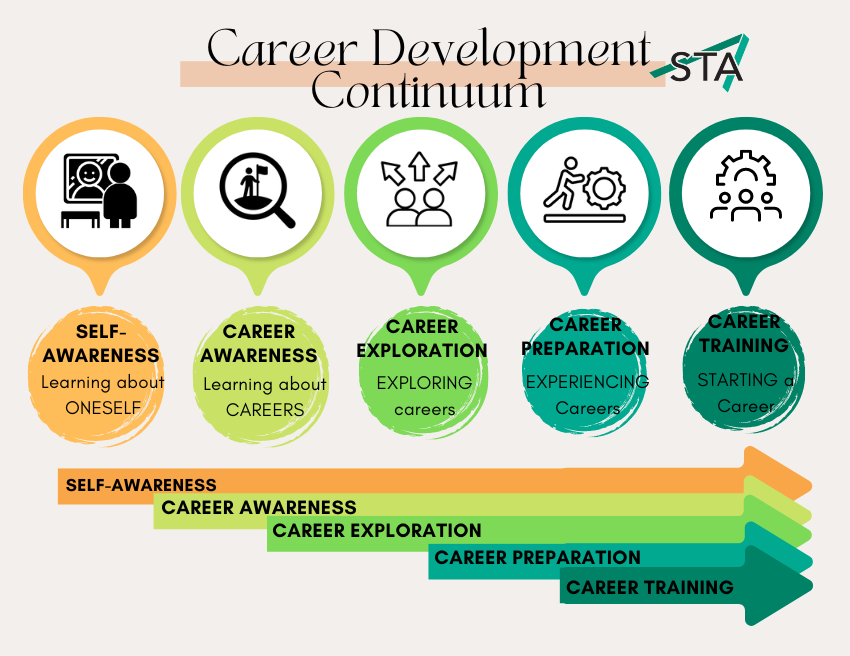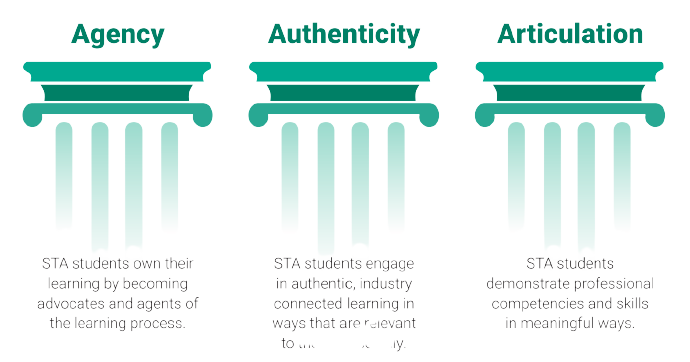

RIASEC codes are a way of classifying people according to their interests so that they can be matched with appropriate careers. The system was developed by Dr. John L. Holland, an academic psychologist. Dr. Holland’s theory proposes that there are six broad areas into which all careers can be classified. These same six areas can be used to describe people, their personalities and interests. For instance, Building careers are those that involve working with tools or machinery (e.g. carpenter, mechanic, or airline pilot). People with Building interests are typically practical types who like working with their hands and creating a tangible product.
To find the ideal career for an individual, the individual’s interest level in the six areas must first be determined; then, those interest scores can be used to find matching careers.
REALISTIC - Realistic people are often interested in building jobs that involve the use of tools, machines, or physical skill. Builders like working with their hands and bodies, working with plants and animals, and working outdoors.
INVESTIGATIVE - Investigative jobs involve theories, research, and intellectual inquiry. Investigative people like working with ideas and concepts, and enjoy science, technology, and academia.
ARTISTIC - Artistic jobs involve art, design, language, and self-expression. Artistic people like working in unstructured environments and producing something unique.
SOCIAL - Social jobs involve assisting, teaching, coaching, and serving other people. Social people like working in cooperative environments to improve the lives of others.
ENTERPRISING - Enterprising jobs involve leading, motivating, and influencing others. Enterprising people enjoy working in positions of power to make decisions and carry out projects.
CONVENTIONAL - Conventional jobs involve managing data, information, and processes. Conventional people like to work in structured environments to complete tasks with precision and accuracy.

STA has three pillars as we continue our work with Personalized and Competency-Based Learning. Those pillars are:
-
Agency - STA students are agents of their learning and own their learning. Thinking about a Driver’s Ed analogy, our instructors move over and let the students be in the driver’s seat meaning students have the ability to develop a deeper understanding of particular skills or concepts found within the capstone course.
-
Authenticity means that career preparation is authentic to both our post-secondary partners (colleges, businesses) informed through local and regional workforce development and advisory boards and also authentic to oneself. Within the Career Development Continuum, we recognize that many students/adults are still learning about themselves. When a student's learning is authentic to both themselves and to post-secondary, then the learning tends to have a higher impact on students.
-
Articulation means that students can speak from their experiences how they are prepared for post-secondary options. They can articulate specific skills and how they showcased those skills within a real-world environment. Often business partners and interviewers' jaws drop when they realize the caliber of student graduating from STA.






